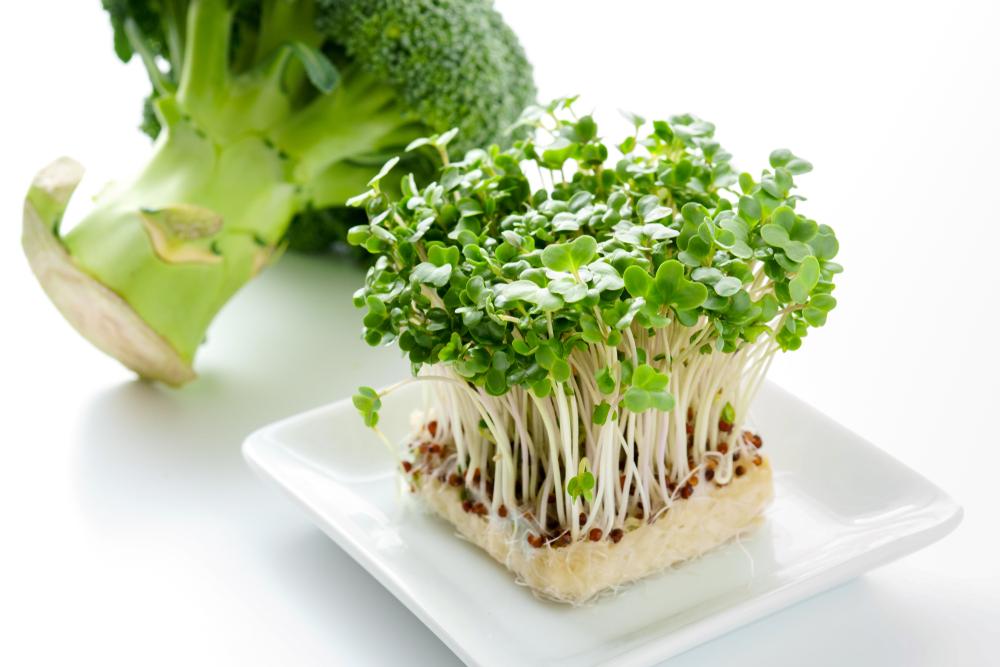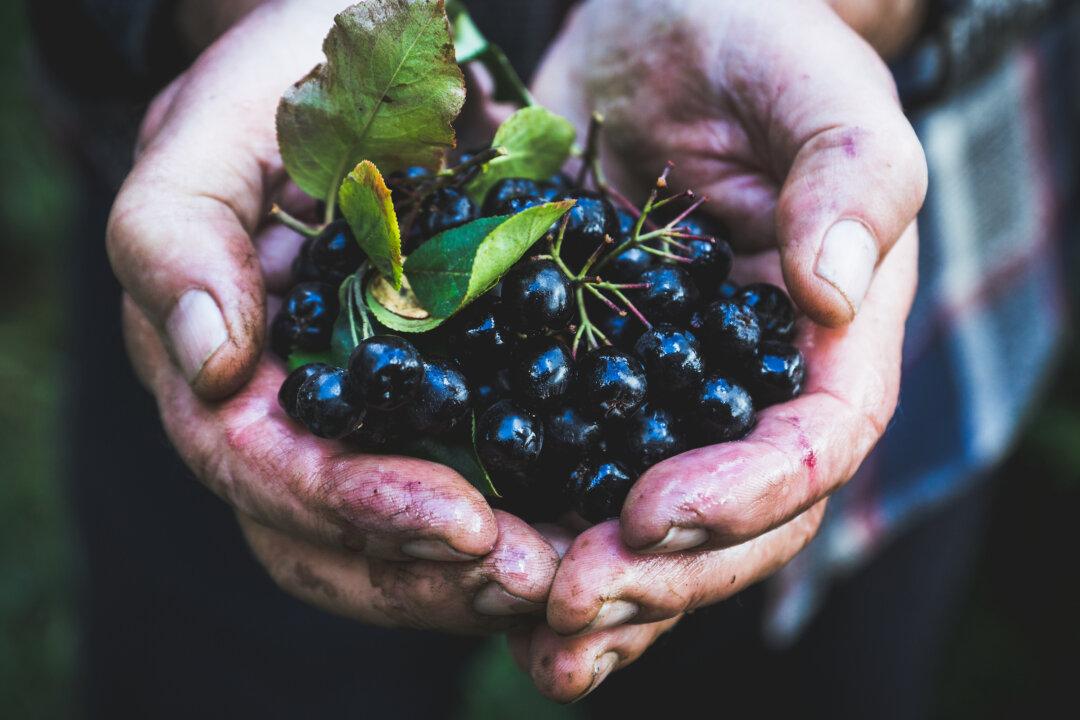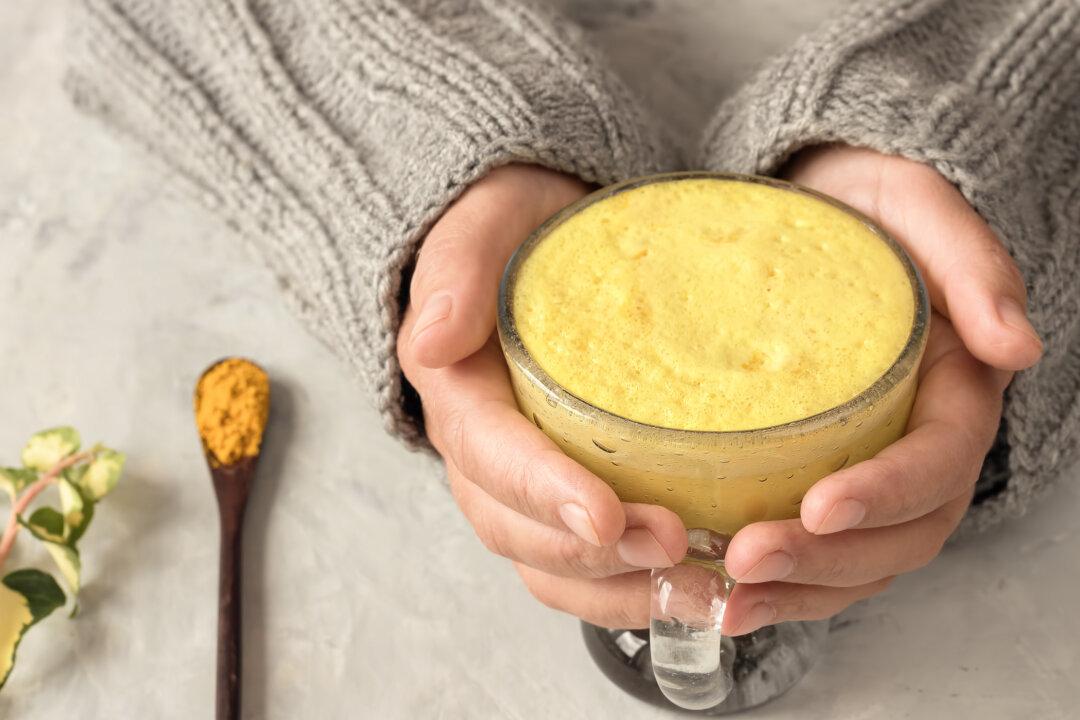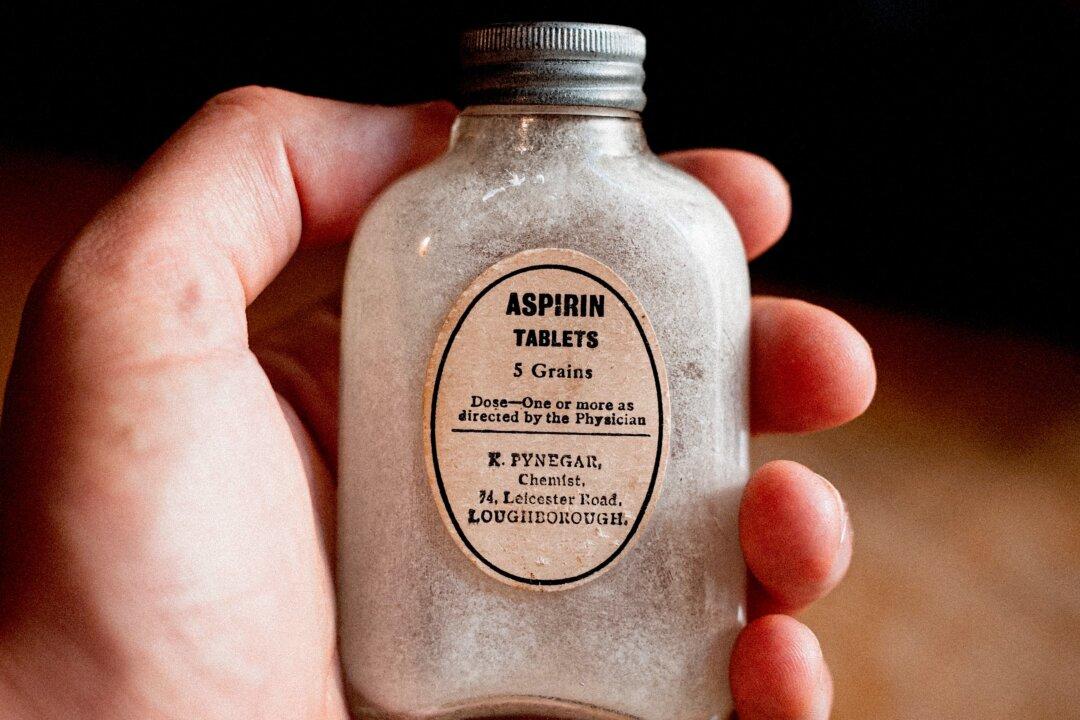It’s true that cruciferous vegetables such as broccoli, cauliflower, and cabbage are famous cancer fighters, but eating enough of them in your daily diet can be challenging.
And even if you manage to eat a large amount, the content and amount of nutrients contained in these veggies vary greatly because of the soil quality in which they’re grown, method of storing, length of time from harvest to table, and even the manner in which they’re prepared.






